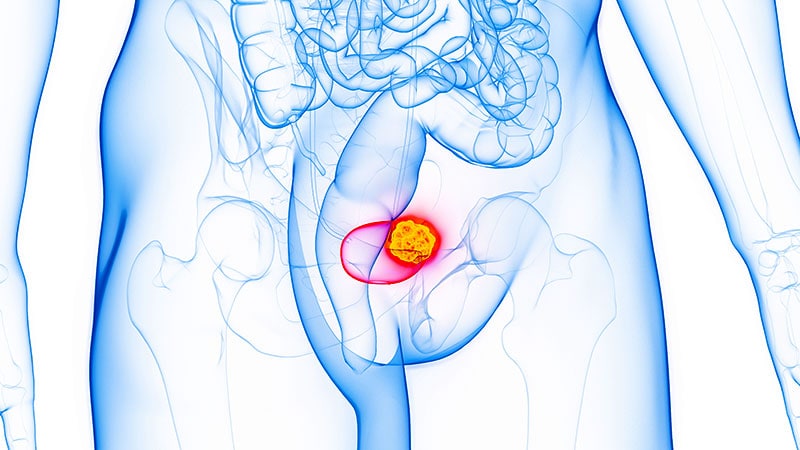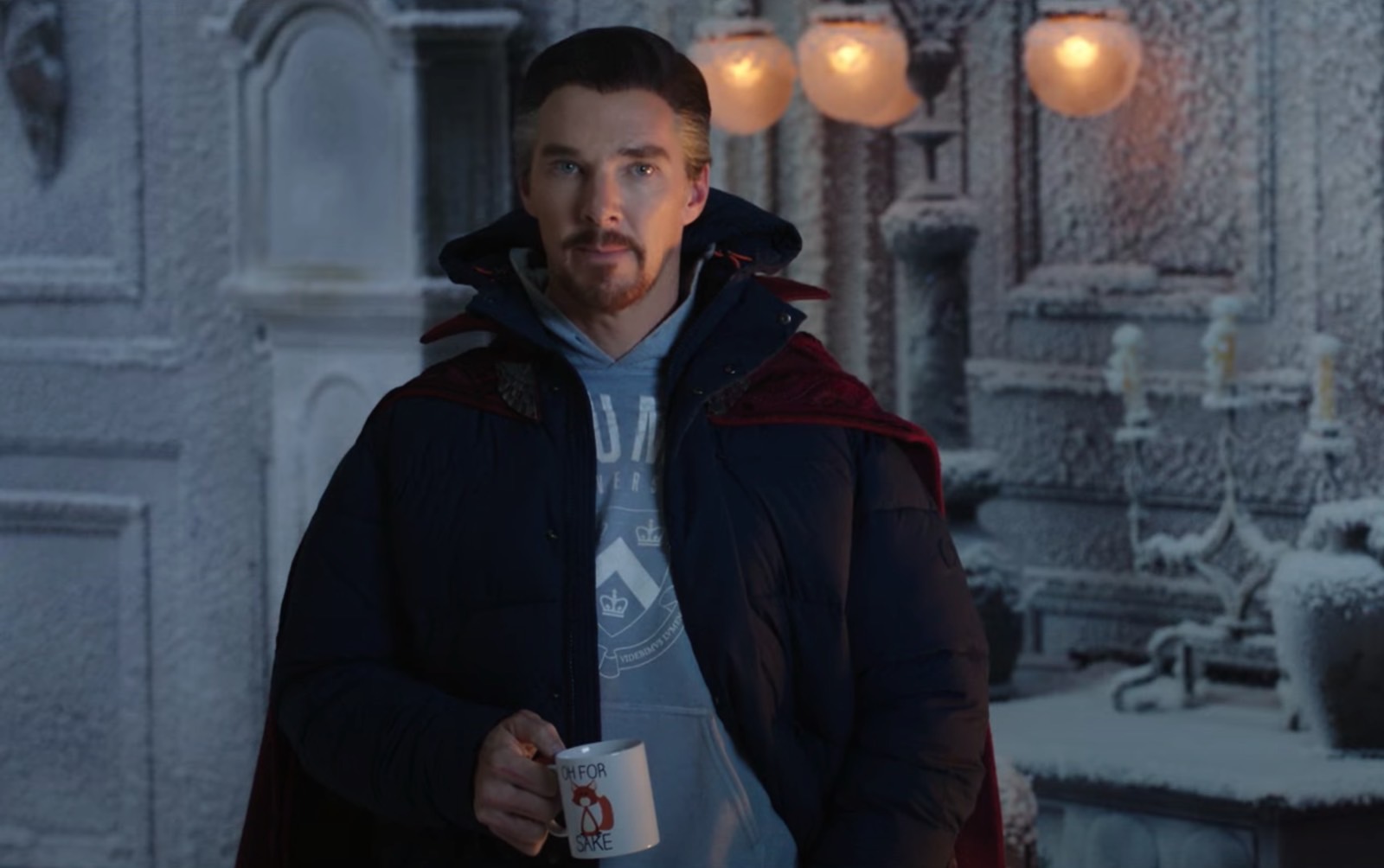Objects appear to be stable despite constant changes in their retinal images. This happens due to many sources of internal and external noise.
How does our visual system achieve this apparent stability?
New research by the UC Berkeley scientists reveals that our brains are constantly uploading rich, visual stimuli. We see earlier versions instead of seeing the latest image because our brain’s refresh time is about 15 seconds.
Senior author David Whitney, a UC Berkeley professor of psychology, neuroscience, and vision science, said, “If our brains were always updating in real-time, the world would be a jittery place with constant fluctuations in shadow, light, and movement, and we’d feel like we were hallucinating all the time.”
Study lead author Mauro Manasi, an assistant professor of psychology at Scotland’s University of Aberdeen and former postdoctoral fellow in Whitney’s lab at UC Berkeley, said, “Instead, “our brain is like a time machine. It keeps sending us back in time. It’s like we have an app that consolidates our visual input every 15 seconds into one impression so we can handle everyday life.”
Scientists identified the mechanism behind change blindness, in which we don’t notice subtle changes that occur over time. The study involved 100 participants through Amazon Mechanical Turk’s crowdsourcing platform. Scientists showed them close-ups of faces morphing according to ages or gender in 30-second time-lapse videos.
The faces in the videos did not have head or facial hair. It just includes eyes, brows, nose, mouth, chin, and cheeks, so there would be few clues, such as receding hairlines, to the ages of the faces.
After seeing the video, participants were asked to identify their faces. They consistently picked a frame they viewed halfway through the video instead of the final one, which would have represented the most updated image.
Whitney said, “One could say our brain is procrastinating. It’s too much work to constantly update images, so it sticks to the past because it is a good predictor of the present. We recycle information from the past because it’s faster, more efficient, and less work.”
Manasi said, “The delay is great for preventing us from feeling bombarded by visual input in everyday life, but it can also result in life-or-death consequences when surgical precision is needed. For example, radiologists screen for tumors, and surgeons need to be able to see what is in front of them in real-time; if their brains are biased to what they saw less than a minute ago, they might miss something.”
Whitney said, “Overall, though, change blindness reveals how the continuity field is a purposeful function of consciousness and what it means to be human.”
“We’re not blind. It’s just that our visual system’s sluggishness to update can make us blind to immediate changes because it grabs on to our first impression and pulls us toward the past. Ultimately, though, the continuity field supports our experience of a stable world.”
Journal Reference:
- Mauro Manassi et al. Illusion of visual stability through active perceptual serial dependence. DOI: 10.1126/sciadv.abk2480
Note: This article have been indexed to our site. We do not claim legitimacy, ownership or copyright of any of the content above. To see the article at original source Click Here











